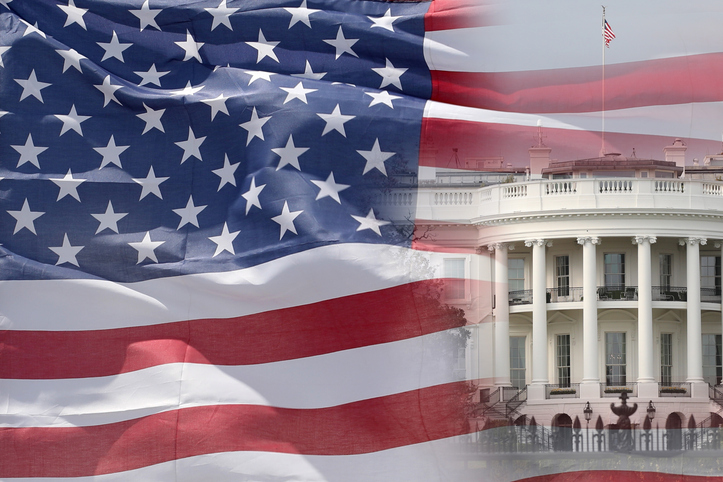Dollar rallies as markets fret over for US election, COVID second wave
( 3 min )
- Go back to blog home
- Latest
Risk assets tumbled last week and investors flocked into safe-havens, spooky by worsening pandemic numbers, new lockdowns in Europe and fears over US election volatility.
Obviously the US election on Tuesday night is by far the key risk event this week. We reiterate our expectation for a Biden win and a 50% chance of a blue wave where the Democrats take the Senate as well, which would be dollar negative but a boom for risk assets, particularly stocks. The November meetings of the Federal Reserve and the Bank of England will also be in focus in an unusually news-packed week.

GBP
While sterling made modest gains against the euro last week, these are already being reversed in early-Monday trading in Asian markets, as traders react to Boris Johnson volte-face on the COVID issue. He announced over the weekend a second national lockdown of at least four weeks, albeit this one will be admittedly not as harsh as the previous one.
The November meeting of the Bank of England on Thursday is shaping up to be another key event. We expect an increase of 100 billion pounds in the quantitative easing programme, as policymakers react to weakening economic data and the new lockdown. The negative impact on the pound of this policy easing should be partly offset by Biden’s victory in the US, though the pound may struggle in the short-term against the euro.
EUR
Third quarter GDP numbers in the Eurozone were considerably stronger than expected. However, markets largely looked through this positive surprise, focusing instead on the deteriorating outlook brought about by the worsening COVID numbers and renewed lockdowns in most European countries. The ECB’s clearly dovish stance at its November meeting did little to change the negative trend. It is now clear that there will be further easing of monetary policy in December, in line with our expectations. The ECB Bank Lending survey only brought further gloom, showing clear signs that banks are tightening lending to households and businesses.
A Biden victory may bring some relief to the euro this week, but we expect recent ranges in the EUR/USD exchange rate to hold until there are clear signs that the second wave of the pandemic is abating in the Eurozone.
USD
Economic data in the US also showed signs of strength. Third-quarter GDP growth could be dismissed as too much of a lagging indicator, but retail sales, personal spending and jobless claims all came in better than markets expected.
Nevertheless, with the US election looming, and the Federal Reserve meeting soon afterwards, backward-looking economic data received less attention than usual. We expect the Fed’s November meeting to be largely a footnote to the election drama, with the FOMC leaving policy settings unchanged and largely sticking to the script of the previous meeting.

